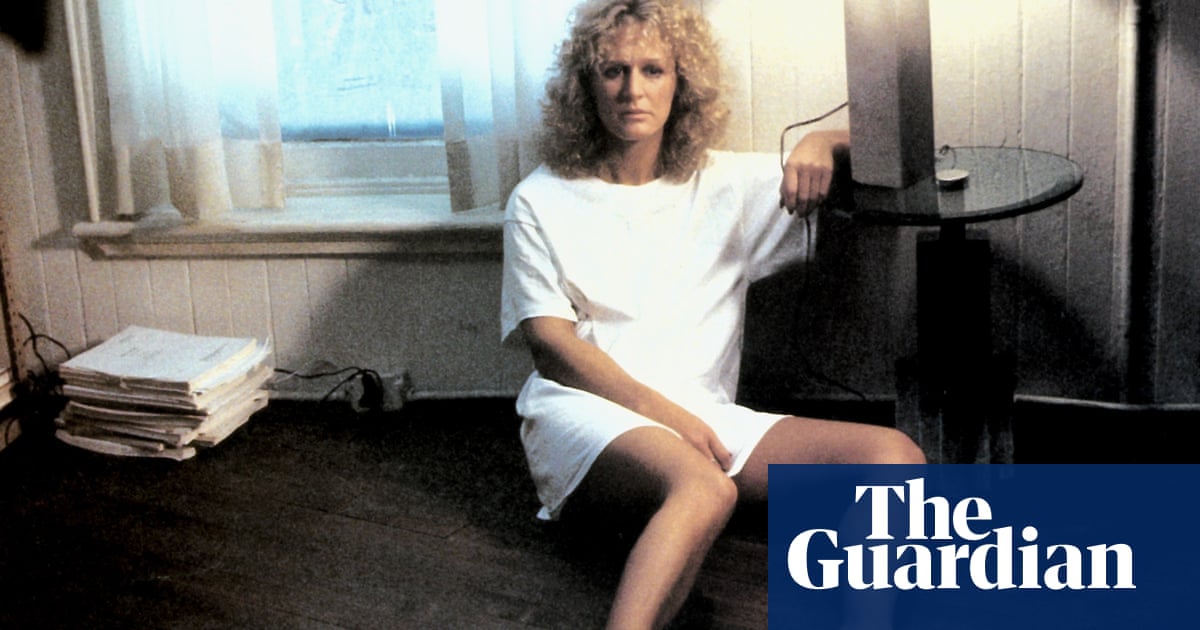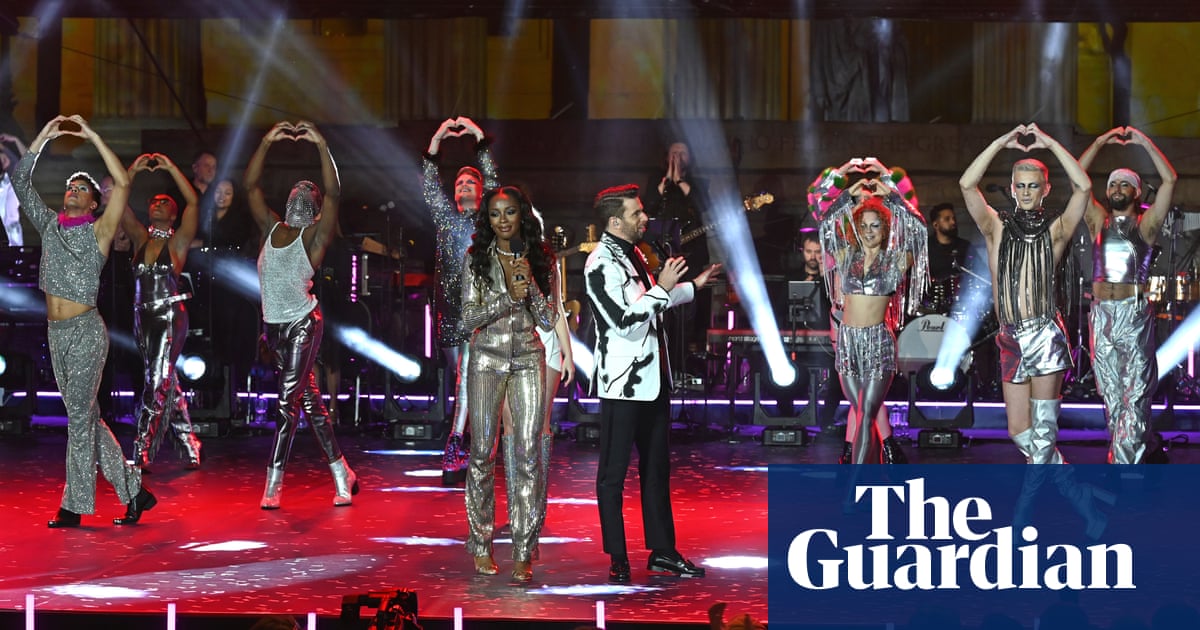
heatre is an artform of the memory. A night at the theatre is a fugitive experience. The players may come back the next evening and perform the same show, but no one will ever see it again exactly the same way as you did. The texture of your emotions on that occasion, the mood of the world around you, the atmospheric conditions, even: all of this floods into the space between you and the performers. The actors meet that cloud of feeling with their own subtle shifts and changes of action, perhaps almost imperceptible. This quivering, delicate, unrepeatable set of infinitely complex reactions will happen not only between the audience and players, but from actor to actor and from viewer to viewer. All of which makes a night at the theatre altogether different from a night watching TV.
For a year, I have told myself I do not miss the theatre that much and that this is a good chance to watch a lot of television. I have allowed myself to miss music, and I did manage to see a little in the autumn, including an evening of opera: I am still drinking in the echo of Christine Rice’s Phaedra at the Royal Opera House; my ears still ring with violinist Alina Ibragimova’s Bach partitas, and pianist Steven Osborne’s crystal-cut Mozart and Shostakovich, at the small London concert hall in Kings Place, which I can walk to from home. (I was thanking providence, all the while, that I had the good fortune to have these blessings so close at hand.)
I did not venture to any “straight” theatre over summer. But it is not really true that I have not missed theatre. I started writing this a year to the day that I last saw people pretending to be other people on stage. The show was Revisor, a dance version of Gogol’s The Government Inspector by Crystal Pite and Jonathan Young at Sadler’s Wells. Two days earlier, I’d seen Uncle Vanya, directed by Ian Rickson, in the West End. You can watch both – it turns out they were quite the shows with which to kiss theatre goodbye – on BBC iPlayer. It won’t be the same, though, not least because you won’t be negotiating those awkward early elbow bumps and embarrassed fumblings with hand sanitiser. Innocent times! Later that month came the prime minister’s instruction to avoid theatres. Stages darkened abruptly, some just a couple of hours before curtain-up. The news darkened quickly, too.
Theatre is an artform of the memory: but my memory of shows tends to be patchy and impressionistic. I interviewed a conductor last year who told me that his decision to work in opera could be pinned down to the precise moment he witnessed a detail in a scene’s lighting, which he recalled precisely, in Richard Jones’s production of Die Meistersinger von Nürnberg, in Cardiff in 2010. What I remember about that show is feeling that I would live a long time before I saw anything so magical again. I also remember Bryn Terfel, as Hans Sachs, spreading butter on bread with a sort of ecstatic concentration. (He’d butter the end of the loaf, then slice it – a method I’ve used since in his and that show’s honour.) The rest is illusive: colours and impressions that long ago deliquesced into something dreamlike, like the ballet sequence in Powell and Pressburger’s The Red Shoes.
Before the closure last spring, I was always topping up my memories of theatre by seeing more. These memories never really settled, since they were being swirled around and disturbed by the addition of material. Now there is nothing new to add and everything has stilled. The only possible thing to do is to dive down into old theatre memories.
Shows appear in turn, each producing associations with another. I remember Andrew Scott speaking the old, famous words from Hamlet at the Almeida as if they have just occurred to him – then I remember him reading from the Odyssey, too, in a crumbling postal sorting office. I remember the opening scene of Anne Washburn’s Mr Burns, in which characters sit telling tales round a campfire. I thought: “This is a story about storytelling, and that gun that someone’s cradling, that’s going to go off if the author has read her Chekhov.”
I remember Clare Higgins as an enslaved Greek queen driven beyond endurance; she transformed herself into a kind of human wound, like something painted by Francis Bacon. I remember Diana Rigg as Medea, triumphant, magnificent, terrifying, glorying over the corpses of her children, whom she’s just murdered. I remember Kate Duchene’s Clytemnestra fussing over suitcases in Katie Mitchell’s Iphigenia at Aulis; she thinks she has brought her daughter to the Greeks’ camp to get married, but the girl – Hattie Morahan, what a voice! – will be sacrificed by her own father to Artemis for a wind to Troy. The wind came in the show not as a breeze but as a gale, a ferocious blast that director Rob Icke echoed years later in his Oresteia. I remember Mark Rylance summoning Gog and Magog to a beating drum in Jez Butterworth’s Jerusalem, and shivering, and thinking: “The giants are really coming, they are just round the corner.” For a moment, I believed this absolutely.
This part of the ocean of memories is full of epic myth, but there are other parts to swim in, memories of other theatre to be examined: some farcical, some experimental, some intimate, some frightening, many sinking into the deep sand of obscurity because they were very, very dull. I remember things from my childhood: a trip to see the jerky movements of Coppélia: a dancer pretending to be an automaton in the power of her master, which was unsettling in ways that I couldn’t then parse; I remember, too, being so vehemently upset by Giselle’s neglect by her horrible prince-seducer that I told the adults who had kindly brought me that I was not enjoying it.
I remember the school coach trip to Stratford for Niamh Cusack and Sean Bean in Romeo and Juliet, the first time it seemed that theatre could be sexy; I remember Juliet Stevenson addressing the audience as Rosalind in the epilogue of As You Like It, and getting my first taste of delicious Shakespearean gender confusion. Even further back – I must have been seven – there’s Jon Pertwee, magnificently warty and scarecrow-haired, in Worzel Gummidge at the Birmingham Rep. (Una Stubbs was Aunt Sally, with bright, appley cheeks and an enchanting smile.)
It is strange to think that this remembered landscape starts with Worzel Gummidge and ends with poor Sonya’s heartbreaking resolution to Vanya to live life, however painful, and to endure. I drift past all these memories and realise what a charmed life I’ve led, what a landscape of wonders I have to admire, however distorted and ruined they are by time. It’s enough. And yet there has to be more, and soon.












